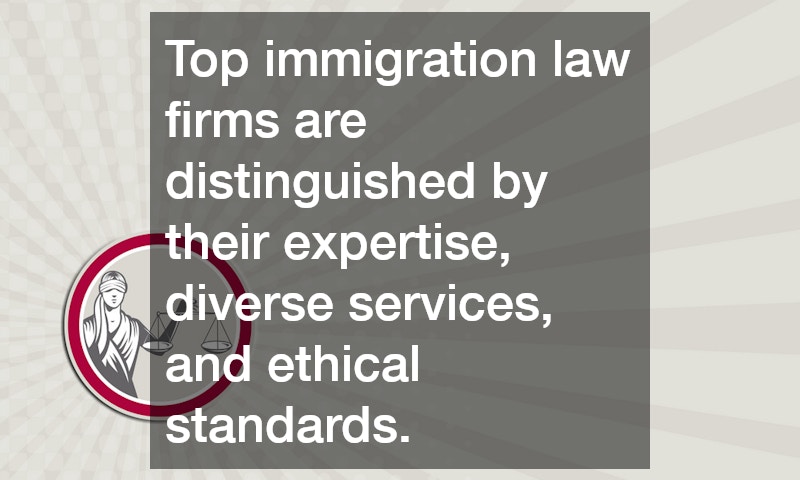The logistics industry in general, and the trucking industry in particular, is frequently the engine that drives the economy. It is true for many countries, including the United States.
Trucking firms transport materials from suppliers to manufacturers and then deliver finished goods to customers. Trucks deliver more than 70% of commodities from one area to another in the United States.
The economy will actually stop moving if these regular flows are not maintained. Even though many other firms were forced to close during the COVID-19 lockdowns, the trucking industry mostly remained operational, with even more work than before the pandemic.
It’s no surprise that the trucking industry is lucrative and fiercely competitive. Every year many truck drivers decide to start a trucking firm and fail. The most common blunder is failing to recognize that managing a trucking firm is not the same as driving a truck.
You may be a world-class truck driver, but you must first be a smart business owner to succeed in the trucking industry. So, if you’re seeking advice on how to run a successful trucking company, these steps will get you started and help you transition from a top truck driver to a successful trucking company owner and manager.
Planning Is the First Step of Every Ladder
Starting your own trucking company involves a great deal of planning and preparation. The typical strategy is to start as an owner-operator, which means you should have your own truck and be involved in your fleet’s daily operations.
Many new owner-operators begin their careers as drivers. If you have no experience in the business, you must first obtain the proper form of a commercial driver’s license. You could also employ the services of other truck drivers.
No matter how you choose to organize your fleet, careful planning is required.
Become a State-registered Business

Most trucking companies use a limited liability company (LLC) as their corporate structure. The LLC status is advantageous and provides a number of benefits, including debt and liability protection for the owner, simplified registration procedures for numerous states, and tax benefits.
It’s also a good choice for new businesses that don’t want to deal with lengthy and complicated paperwork. You can seek the advice of a knowledgeable LLC agent who can assist you with the complete registration process.
Obtain All Necessary Permits
There are over 150,000 filing jurisdictions in the United States, each with its own set of rules. A variable number of licenses and permits may apply to your business depending on your service and state.
As a result, running a trucking firm may necessitate some or all of the following:
- Motor Carrier (MC) number from the Federal Motor Carrier Safety Administration (FMCSA)
- United States Department of Transportation (USDOT) number
- A commercial driver’s license (CDL)
- International Registration Plan (IRP) credentials and an International Fuel Tax Agreement (IFTA)
- Commercial trucking insurance
Get the Funding
In most circumstances, an investment of $10,000 to $30,000 should be sufficient to cover the price of insurance, vehicle down payments, permits, and a number of state-specific charges when starting a trucking company or trucking business.
You can finance your new trucking company in various methods, including using a home equity credit line, obtaining a bank loan, selling properties, and using your savings. You can also contact lenders who can assist you with needed assets to lower your initial overhead.
Purchase or Lease the Necessary Vehicles and Equipment
You can either buy new trucks and equipment for your business or hire one from a reputable truck rental company. Long-term leasing is another option that many companies select. You should make your decision after weighing the costs, benefits, and drawbacks of each alternative.
You can always opt for secondhand equipment if you don’t want to make large investments in new trucks and equipment. If you don’t want to worry about maintaining and storing your trucks, truck rental services are a good option.
Protect Your Business
You created your company to make money, not to waste it on spurious claims or expensive legal fees to avoid a lawsuit. Large trucks were involved in 112,000 injury crashes and 4,862 fatal crashes in 2018.
Insurance is required for transportation companies to protect themselves against losses. Also, get in touch with a legal team to assist you at every step. You can also hire competent truck accident lawyers to save your company from huge compensations.
Final Thoughts
Make sure you’re well-informed about the numerous hazards and procedures involved so that you’re always prepared to deal with the unexpected. You may create the trucking firm of your dreams with a good strategy and execution.

